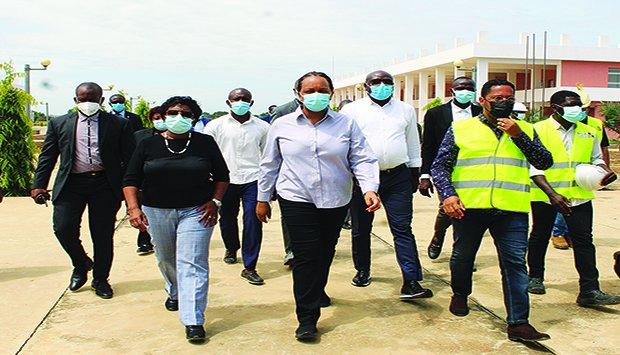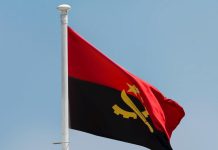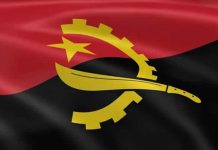Africa-Press – Angola. The province of Bengo will have one more university unit from next April, said, Thursday (10), in Caxito, the minister of Higher Education, Science, Technology and Innovation, Maria do Rosário Bragança, during a visit to the works of the new Instituto Superior Politécnico do Bengo (ISP-B).
“We are going to inaugurate this higher education establishment in April, so that in the next academic year 2022/23, I can start with the Agro-Food Technologies course. Of course, at this stage there are always some aspects of unfinished infrastructure and equipment that must be taken care of, as we are already dealing with the equipping”, he said.
The minister said that, to ensure all the necessary conditions, until the start of the academic year at the new Instituto Superior Politécnico do Bengo, a management committee was created, sworn in in December The same is coordinated by Aurora Bambi, who has as assistants, in the Academic Area, Francisco Cola, and in the Scientific Area, Maria de Fátima Henriques.
According to Maria Bragança, the fundamental part is the programming of the course and the admission process of the faculty, in a public contest, for the Agricultural Sciences. “The intention is that this institution works in close articulation with all the business activity of the agricultural productive sector”, he stressed, that the number of students will still be limited according to the number of professors admitted.
On the occasion, the governor of Bengo, Mara Quiosa, said that one of the main flags of the Executive is national production, and the fact that the province is predominantly agricultural, it was increasingly necessary to have a degree in Agricultural Engineering.
“The gains will be immeasurable. We have faced difficulties in hiring an engineering staff. We always resort to other provinces. But, after the start of operations of this new higher education institution, in the coming years, recruitment will be local”, he said. The new Instituto Superior Politécnico do Bengo will operate in a structure divided into five two-story blocks, with 34 classrooms, a sports court, 10 laboratories, three meeting rooms, support and water treatment areas, among other areas.
For More News And Analysis About Angola Follow Africa-Press






